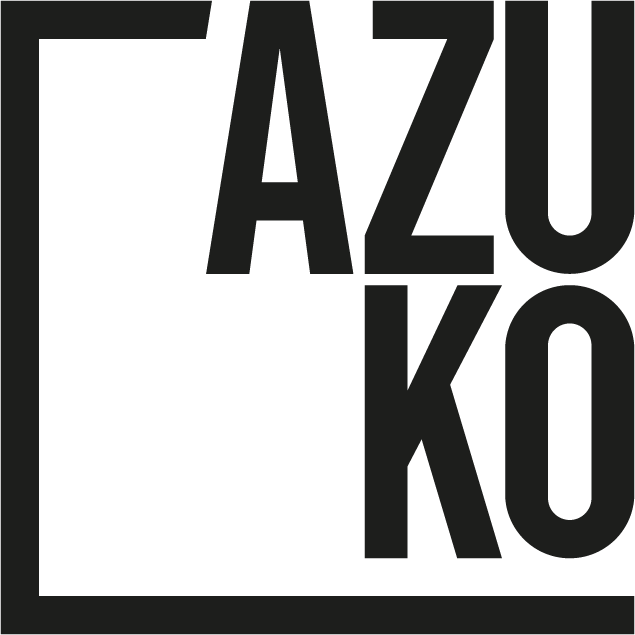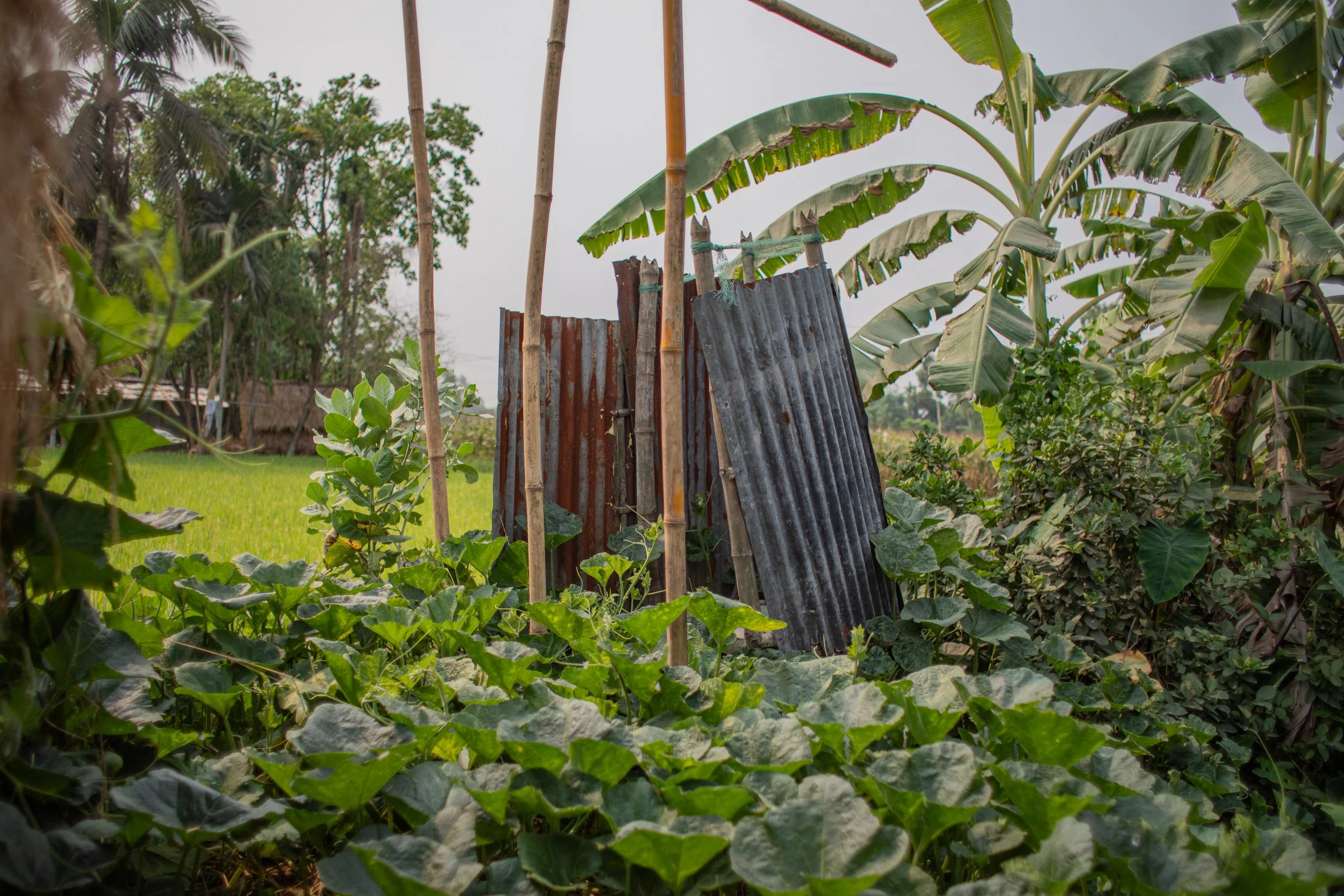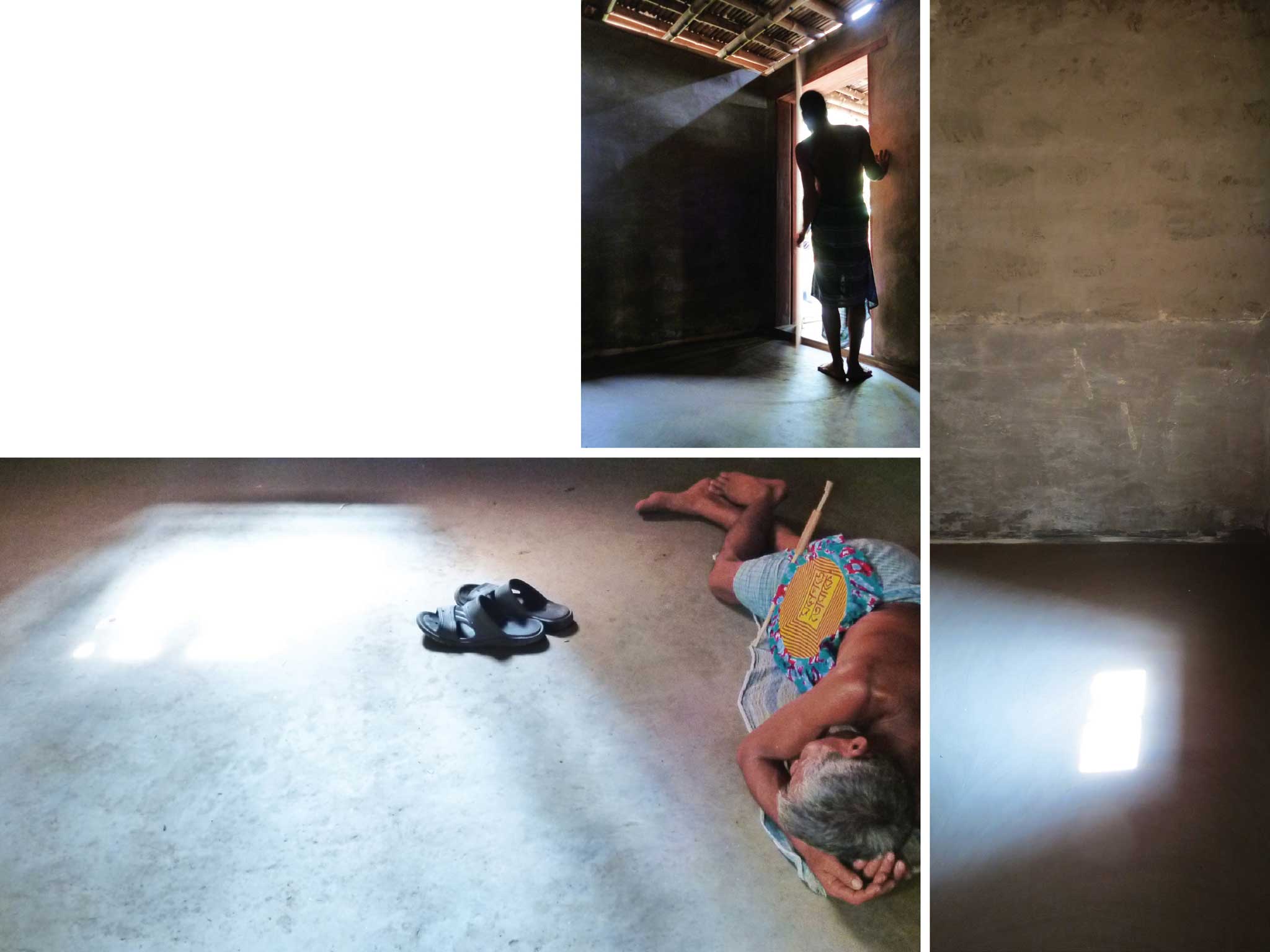This evening Jo Ashbridge presented her research, 'Earthen Architecture in Resource Limited Settings', as part of the RIBA series, Perspectives on Architecture.
The series provides a platform for the fascinating range of architectural research undertaken in collaboration with the RIBA. Jo's work over the past 13 months into the role and relevance of earthen architecture across Bangladesh received support from the RIBA Boyd Auger scholarship alongside generous donations and personal sponsorship.
To read a full transcript of the talk, accompanied by a PowerPoint presentation and closing video, visit the RIBA blog.
Author: J. Brown







